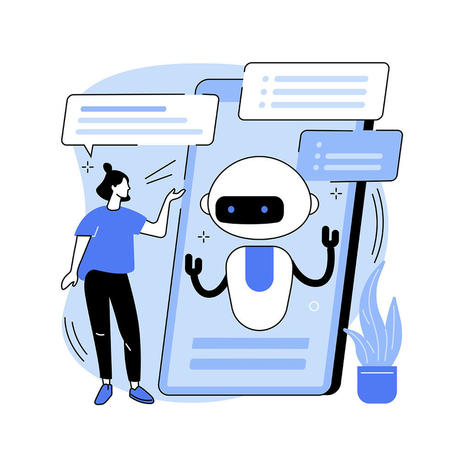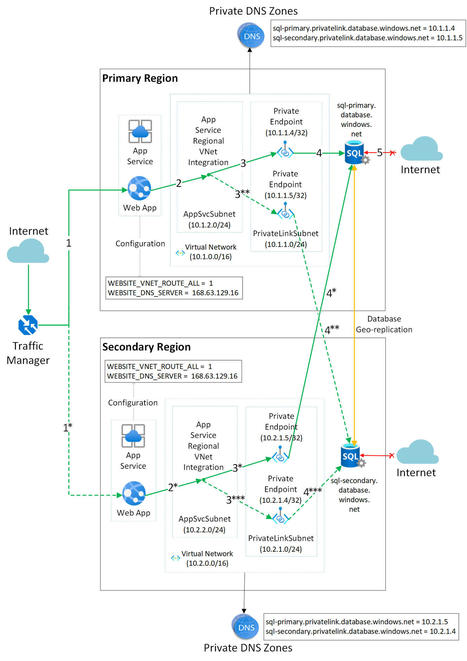Python creator Guido van Rossum reveals the strengths and weaknesses of one of the world's most popular programming languages.
mobile app development is one of the key growth fields that Python hasn't gained any traction in, despite it dominating in machine learning with libraries like NumPy and Google's TensorFlow, as well as backend services automation.
Python isn't exactly boxed into high-end hardware, but that's where it's gravitated to and it's been left out of mobile and the browser, even if it's popular on the backend of these services, he said.
Why? Python simply guzzles too much memory and energy from hardware, he said. For similar reasons, he said Python probably doesn't have a future in the browser despite WebAssembly, a standard that is helping make more powerful applications on websites.
Mobile app development in Python is a "bit of a sore point", said van Rossum in a recent video Q&A for Microsoft Reactor.
"It would be nice if mobile apps could be written in Python. There are actually a few people working on that but CPython has 30 years of history where it's been built for an environment that is a workstation, a desktop or a server and it expects that kind of environment and the users expect that kind of environment," he said.
"The people who have managed to cross-compile CPython to run on an Android tablet or even on iOS, they find that it eats up a lot of resources," he said. "Compared to what the mobile operating systems expect, Python is big and slow. It uses a lot of battery charge, so if you're coding in Python you would probably very quickly run down your battery and quickly run out of memory," he said.
"Python is a pretty popular language [at the backend]. At Google I worked on projects that were sort of built on Python, although most Google stuff wasn't. At Dropbox, the whole Dropbox server is built on Python. On the other hand, if you look at what runs in the browser, that's the world of JavaScript and unless it translates to JavaScript, you can't run it," van Rossum said.
"I don't mind so much different languages have to have different goals i mean nobody is asking Rust when you can write Rust in the browser; at least that wouldn't seem a useful sort of target for Rust either. Python should focus on the application areas where it's good and for the web that's the backend and for scientific data processing."
watch the Microsoft Q&A with him at https://www.youtube.com/watch?v=aYbNh3NS7jA
read the original article at https://www.zdnet.com/article/python-programming-why-it-hasnt-taken-off-in-the-browser-or-mobile-according-to-its-creator/



 Your new post is loading...
Your new post is loading...












its a progression of sorts which is being spoken about for years. Its still not here though